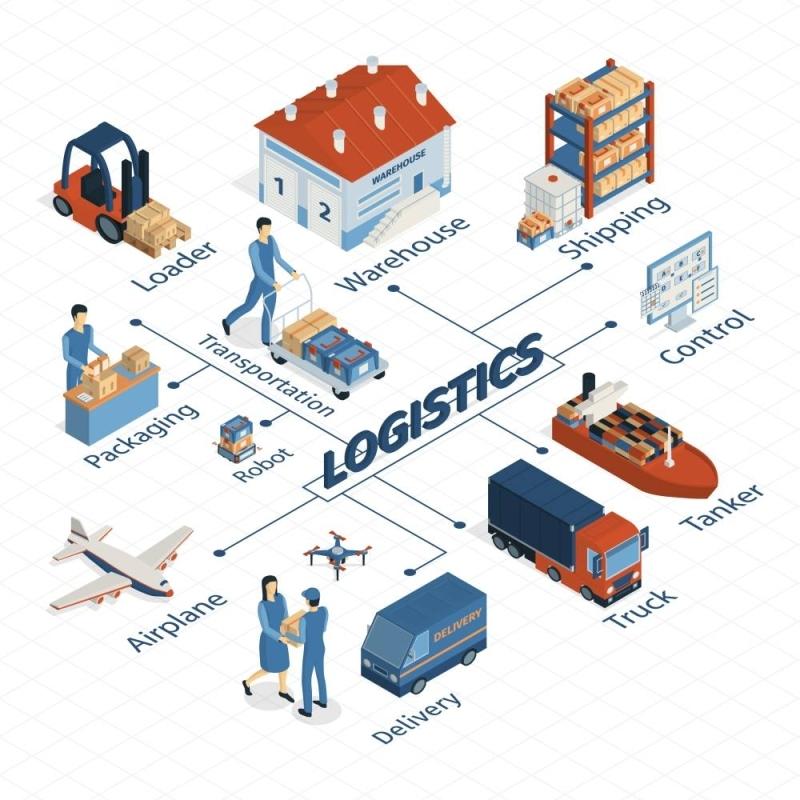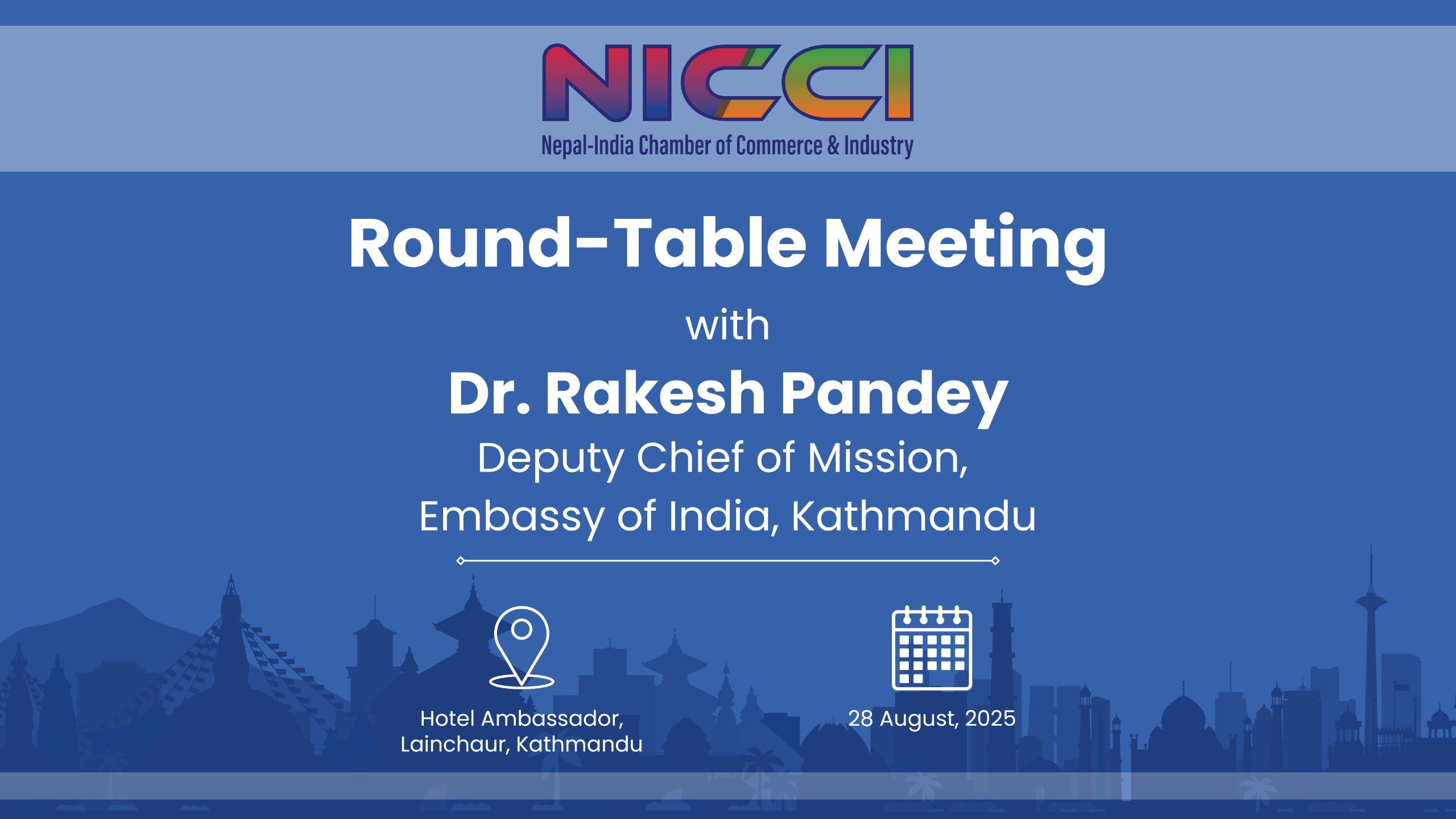Nepal's geographic location makes its logistics landscape particularly complex. With various transportation modes in play – road, rail, air and inland waterways –each comes with its own standards. To address the inefficiencies and credibility gaps in logistics operations, accreditation of logistics service providers (LSPs) is crucial. This formal recognition ensures providers meet international standards, improving trust, compliance and service quality.
Accreditation involves assessing a provider's capabilities, infrastructure and operations through structured evaluations and conformity assessments. It validates the provider's competence and helps streamline procedures across the supply chain. Whether they are freight forwarders, multimodal transport operators, customs brokers or terminal operators, accreditation benefits all actors by setting clear expectations and responsibilities.
Nepali logistics service providers must navigate not only domestic regulations but also the standards of transit and transshipment countries. This multi-layered compliance environment highlights the need for accredited logistics actors to ensure efficient cargo movement and prevent costly delays.
Nepal faces high logistics costs and inefficiencies. Much of its trade depends on transshipment hubs outside the country, where uncoordinated efforts and a lack of accredited partnerships lead to delays. LSPs struggle with fragmented systems, unclear responsibilities and inconsistent service standards.
Accreditation can help overcome these challenges by aligning providers with recognised global benchmarks, enabling them to manage cross-border procedures more smoothly, enhance collaboration and build credibility in both domestic and international markets.
Accredited LSPs can significantly improve trade facilitation. With internationally recognised credentials, customs authorities are more likely to apply risk-based clearance models – such as the Authorised Economic Operator (AEO) system –resulting in faster processing, fewer inspections and reduced documentation burdens.
Furthermore, Mutual Recognition Agreements (MRAs) between countries can promote regional trade. Accredited service providers gain faster access to foreign markets, and exporters/importers benefit from reduced delays and smoother compliance with destination country regulations.
Using accredited providers can reduce warehousing, demurrage, detention and inventory costs. Accreditation promotes better information flow, accountability and traceability. With enhanced predictability and service guarantees, businesses can better estimate their Guaranteed Landed Cost (GLC) and improve cost efficiency.
Governments also benefit through improved revenue collection and more efficient dispute resolution processes. Accreditation helps shift liability to logistics providers, giving importers and exporters greater confidence in meeting deadlines and reducing the overall cost of doing business.
To implement accreditation effectively, Nepal must adopt a comprehensive framework that includes – defining relevant international accreditation standards; establishing clear Standard Operating Procedures (SOPs); training logistics providers and regulatory agencies; and investing in digital transformation and institutional capacity.
The government must also pursue MRAs with regional trading partners and align with World Trade Organisation (WTO) trade facilitation measures.
Accredited providers are better positioned to adopt digital solutions that enhance transparency, such as real-time cargo tracking and electronic data interchange. These tools minimise the risks of theft, misrouting and delays. Digital systems also ensure documentation consistency, reduce fraud and facilitate seamless multimodal transport integration.
During disruptions like pandemics or geopolitical conflicts, digital systems improve crisis response and supply chain continuity. Paperless trade and real-time data allow for quick re-routing and reduce bottlenecks, reinforcing resilience.
Nepali logistics service providers (NLSPs) can benefit from seeking accreditation under the following international standards: AEO (Authorised Economic Operator): Recognised by customs agencies for risk-based clearance and trade security. C-TPAT (Customs-Trade Partnership Against Terrorism): Offers trade facilitation with the U.S. MRA (Mutual Recognition Agreements): Eases bilateral and regional trade processes. ISO 9001: Promotes service quality and customer satisfaction. ISO 45001: Focuses on occupational safety, ISO 14001: Encourages environmental sustainability. FIATA: Standardises freight forwarding practices globally, IATA: Supports air cargo handling and safety. And GLEC: Targets carbon emissions reductions in transportation.
These frameworks improve supply chain credibility and sustainability.
Nepal's logistics sector remains fragmented and cost-heavy. Accreditation provides a pathway to better coordination, transparency and performance. It helps reduce supply chain costs, improves compliance and enhances digital capabilities. Most importantly, it builds trust with international trade partners.
For Nepal to benefit fully, public-private collaboration is essential. Government bodies must promote certification frameworks, invest in institutional development and align national logistics standards with international norms. When LSPs meet global accreditation standards, Nepal will be better positioned to integrate into global value chains, reduce trade costs and boost economic growth.
Sharma is Secretary General, Nepal-India Chamber of Commerce & Industry (NICCI)


